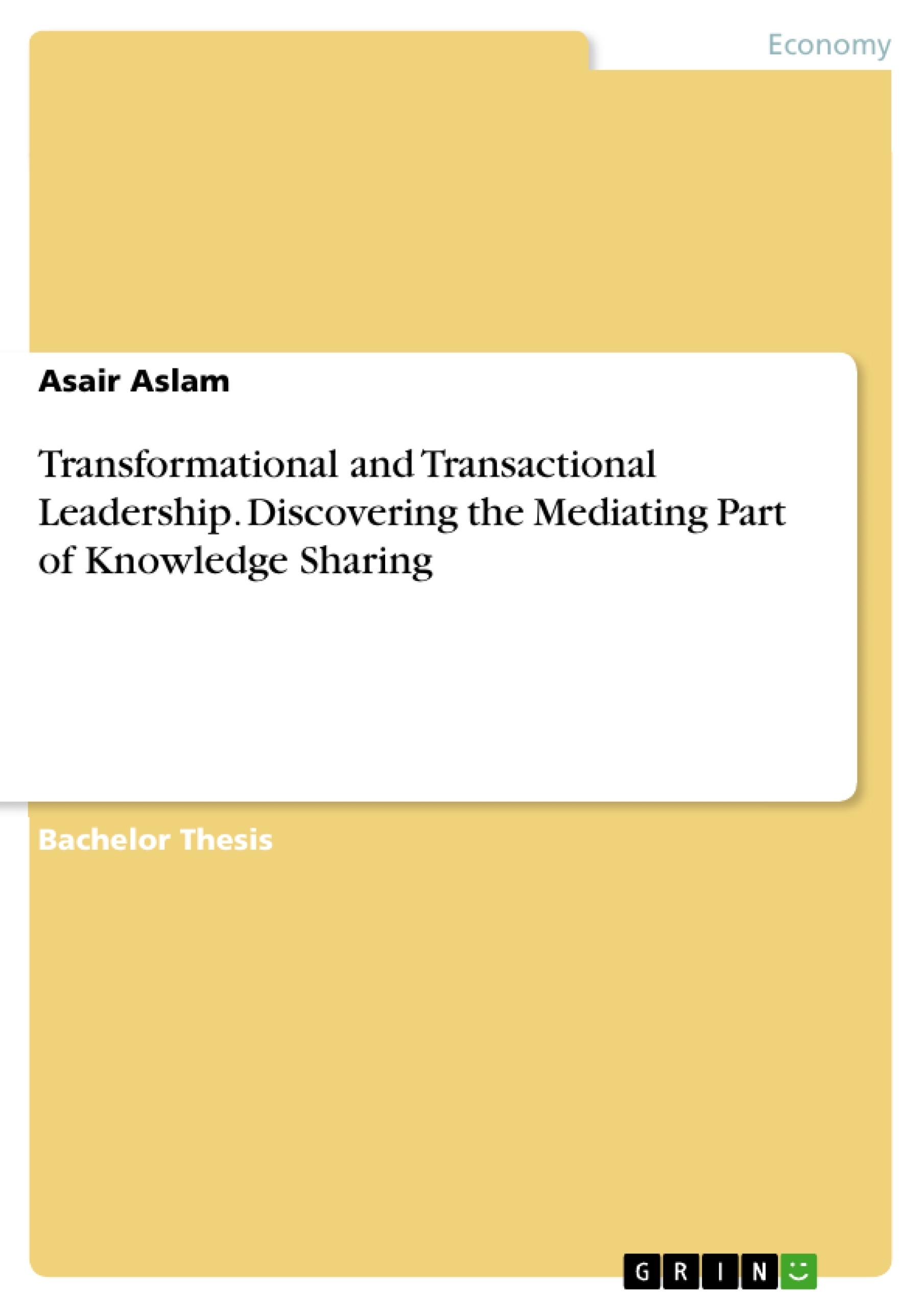Leadership is a procedure of directing the conduct of different people towards the achievement of some objective and has dependably been thought to be a proposition of an association's prosperity. These days it is more vital than any other time in recent memory because of mind-blowing potential outcomes of upgraded correspondence advancements and augmenting global business.
The focal thought of leadership is to work with individuals. Being in an organization, the leadership along with the organizational citizenship behavior always continued to stay at the top in the field of different organizational conduct exploration for ages. Furthermore, it has accomplished significant deliberation of intellectuals and researchers who practice to describe comprehensive leadership dynamics along with their sway on the behavior of the followers at the work place.
The deliberate manners of the Organizational citizenship perk up the overall managerial efficacy; in addition to the fact that it goes further than the prescribed contractual obligations regarding profession. The main aim of this study is to investigate the connection between transformational and transactional leadership and organizational citizenship behavior in the organizational setup in Pakistan. The current study scrutinizes the undeviating and circuitous sway of the transformational and transactional leadership in the course of discovering the mediating part of knowledge sharing.
For this purpose, the model was examined by utilizing the questionnaire that was filled by different participants selected on a random basis. The results collected from the 150 responses pointed towards the affiliation among the transformational and transactional leadership and Organizational Citizenship Behavior, which is statistically noteworthy where the knowledge sharing played an imperative part as a moderator.
The outcomes support and add to the beneficial outcomes of a transformational and transactional initiative style interconnected with additional part conduct at work making it more important. The discoveries make a noteworthy commitment to the authority and hierarchical conduct writing and suggest that associations should execute hones that assistance in improving the level of authoritative citizenship conduct in associations.
Table of Contents
- CHAPTER 1: Introduction
- Nature of the Study
- Purpose of the Study
- Significance of the Study
- Transition Statement
- CHAPTER 2: LITERATURE REVIEW
- CHAPTER 3: RESEARCH METHODOLOGY
- Research Questions and Hypotheses
- Research Design
- Sample Size
- CHAPTER 4: Data Analysis and Statistical Methodology
- Analysis of Pearson Correlation
- Role of the Researcher
- Ethical Consideration
- Summary
- Demographic influence: Empirical results
- CHAPTER 5
- Discussion
- Results
Objectives and Key Themes
This study aims to investigate the connection between transformational and transactional leadership and organizational citizenship behavior in the Pakistani context. The research explores the direct and indirect influence of leadership styles on organizational citizenship behavior by examining the mediating role of knowledge sharing.
- Transformational and Transactional Leadership
- Organizational Citizenship Behavior
- Knowledge Sharing as a Mediator
- The Impact of Leadership Styles on Organizational Effectiveness
- The Role of Knowledge Sharing in Promoting Organizational Citizenship Behavior
Chapter Summaries
Chapter 1: Introduction presents the research topic and provides a background on the significance of knowledge sharing and its relationship with leadership styles. The chapter outlines the purpose and objectives of the study, highlighting the importance of exploring organizational citizenship behavior in Pakistani organizations.
Chapter 2: Literature Review provides a comprehensive review of the existing literature on transformational and transactional leadership, organizational citizenship behavior, and the role of knowledge sharing in organizations. It synthesizes relevant theoretical frameworks and empirical findings from previous studies to provide a solid foundation for the current research.
Chapter 3: Research Methodology details the research design, data collection methods, and sampling strategy employed in the study. It outlines the variables of interest, measurement scales, and data analysis techniques used to address the research questions and hypotheses.
Chapter 4: Data Analysis and Statistical Methodology presents the results of the statistical analysis conducted on the collected data. It examines the relationships between the variables of interest and discusses the findings in relation to the established theoretical frameworks and existing literature.
Keywords
The research focuses on leadership styles (transformational and transactional), organizational citizenship behavior, knowledge sharing, organizational effectiveness, and the Pakistani context. The study delves into the empirical relationships between these key concepts and explores the mediating role of knowledge sharing in influencing organizational citizenship behavior.
Frequently Asked Questions
What is the difference between transformational and transactional leadership?
Transformational leadership focuses on inspiring and motivating followers to exceed expectations by changing their perceptions, while transactional leadership relies on a system of rewards and punishments based on contractual obligations and performance.
What role does knowledge sharing play in organizational leadership?
Knowledge sharing acts as a vital mediator between leadership styles and organizational outcomes. It helps translate the influence of a leader into practical benefits, such as improved organizational citizenship behavior.
What is Organizational Citizenship Behavior (OCB)?
OCB refers to voluntary actions by employees that go beyond their formal job descriptions and contractual obligations, contributing to the overall effectiveness and positive environment of the organization.
How does leadership style impact organizational effectiveness?
Leadership styles directly influence employee conduct and motivation. Effective leadership, particularly when supported by knowledge sharing, enhances managerial efficacy and fosters a culture of commitment and extra-role performance.
What were the key findings of the study in Pakistan?
The study of 150 participants confirmed a significant relationship between transformational/transactional leadership and OCB, with knowledge sharing serving as a crucial mediator in enhancing this relationship.
- Quote paper
- Asair Aslam (Author), 2018, Transformational and Transactional Leadership. Discovering the Mediating Part of Knowledge Sharing, Munich, GRIN Verlag, https://www.grin.com/document/438743



